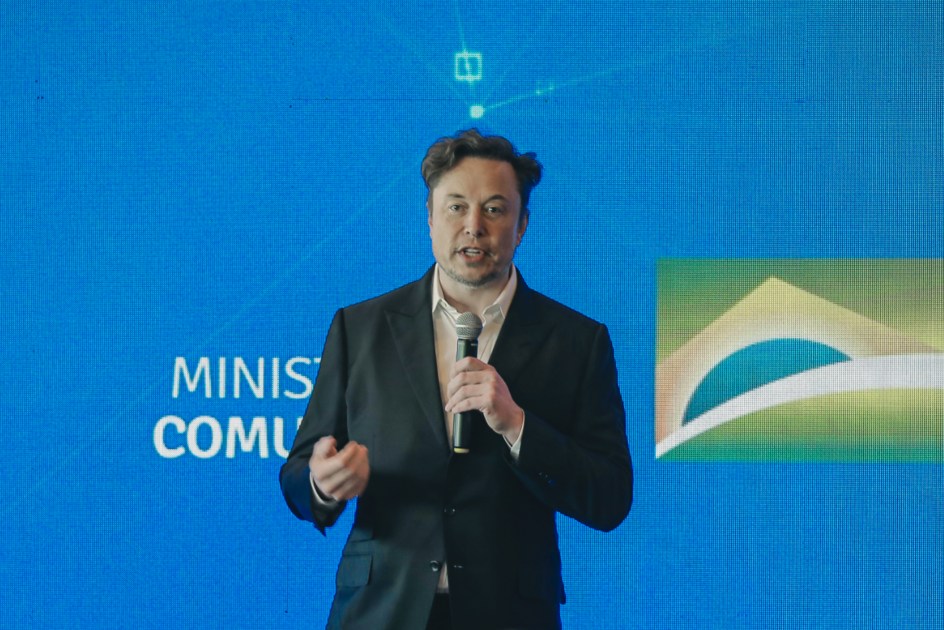Brazil’s Ban on Elon Musk’s X: A Struggle for Sovereignty and Rule of Law
In a dramatic move that has sparked global debate, Brazil’s Supreme Court ordered a nationwide block on Elon Musk’s social media platform, X, on August 31. This decision underscores not a clash over free speech, but rather Brazil’s unwavering stance on sovereignty and its demand for foreign entities to respect its rule of law.
Millions of Brazilians woke up to find X inaccessible after the Supreme Court directed the national telecommunications agency, Anatel, to block the platform. This decision marks the culmination of over a year-long conflict arising from X’s consistent disregard for Brazilian telecommunications laws, particularly those mandating the deplatforming of suspects in internet crime investigations.
Musk’s Standoff with Brazilian Law
The order, initially issued by Supreme Court Minister Alexandre de Moraes and subsequently ratified by a unanimous 5-0 vote from the Court’s 1st working group, came just 12 days after Elon Musk shuttered X’s Brazilian offices, ostensibly to dodge the mounting legal ramifications facing his company. At the time of closure, X owed approximately R$9 million in fines, prompting the Supreme Court to freeze the assets of Starlink, Musk’s internet service venture in Brazil.
Musk’s response was swift and fractious. Using X to attack Minister de Moraes, Musk inadvertently exposed personal data of his own allies by disseminating court documents containing sensitive information. This episode is just the latest in a series of controversies linking Musk to Brazil’s far-right political factions, particularly supporters of former President Jair Bolsonaro.
The Tensions Leading to the Ban
To understand the depth of this conflict, we need to revisit the circumstances of Brazil’s 2018 elections. In a pivotal moment, investigative journalist Patricia Campos Mello exposed how Brazilian businessmen allegedly spent R$12 million on Meta’s WhatsApp platform to disseminate disinformation against Fernando Haddad, Bolsonaro’s opponent.
The smear campaign, which involved microtargeting voters with fabricated stories, led to an expansive investigation by Brazil’s Superior Electoral Court. The fallout from this scandal bolstered threats against judicial figures and prompted calls for a military coup from Bolsonaro’s allies. Notably, Congressman Eduardo Bolsonaro suggested publicly that a single soldier could shut down the Supreme Court without resistance.
Confrontations with Judicial Authorities
Heightened threats led to an unprecedented move by Chief Justice Dias Toffoli, who authorized Minister de Moraes to directly supervise federal investigations into these threats. This galvanized backlash from Bolsonaro’s camp, who claimed de Moraes, being an alleged victim, was unfit to oversee such investigations.
October 29, 2021, marked another critical juncture when the Superior Electoral Court concluded that the 2018 Bolsonaro campaign had indeed defrauded the electorate through illegal social media tactics. While no punitive actions were taken, de Moraes declared that any such conduct in the 2022 elections would face severe legal consequences.
Digital Warfare and Ongoing Agitation
In the lead-up to the 2022 elections, de Moraes became a primary target of Bolsonaro’s rhetoric and escalating online threats. When Bolsonaro eventually lost the election, the transition was anything but smooth. From attempts to detonate bombs to an insurrection targeting national institutions, Bolsonaro’s supporters left a trail of unrest.
Following Lula da Silva’s inauguration, a spate of neo-Nazi-led school massacres further strained Brazilian society. Social media, particularly X, became a breeding ground for inciting violence, leading the Justice Ministry to push for urgent deplatforming of terrorist-linked accounts. Musk’s platform initially resisted, stirring controversy until reluctantly complying.
Twitter Files and Musk’s Escalating Defiance
In April 2024, libertarian pundit Michael Shellenberger published the so-called "Twitter Files Brazil," suggesting misconduct by de Moraes. Musk amplified these claims, which later turned out to be misleading and unsubstantiated. Crucially, the controversy revolved around X’s refusal to supply data relating to a major drug trafficking investigation, not political repression.
Musk’s refusal to cooperate culminated in his defiance of court orders and reinstatement of deplatformed accounts, elevating tensions with Brazil’s legal system. On August 17, following a series of legal clashes, Musk closed X’s offices in Brazil and continued his defiant rhetoric on social media.
Upholding Sovereignty Over Innovation
Minister Flavio Dino emphatically justified the Supreme Court’s ruling, asserting that no foreign company could operate on Brazilian soil while flouting national laws. The Brazilian judiciary has made it clear that compliance with local laws, including appointing a legal representative, is mandatory for X to resume operations in the country.
As of September, the Supreme Court remains steadfast in its decision, emphasizing that Brazil will uphold its sovereignty and rule of law against foreign corporate defiance, irrespective of Musk’s immense economic power.
In a telling move, Musk has reportedly sought intervention from the U.S. Embassy in Brasília, signaling that this complex battle over digital sovereignty and legal adherence is far from over.
